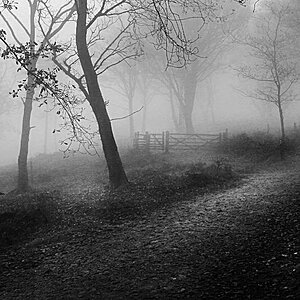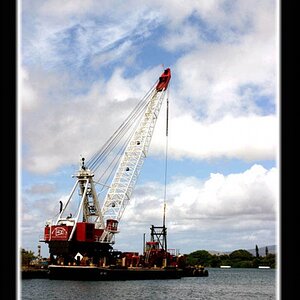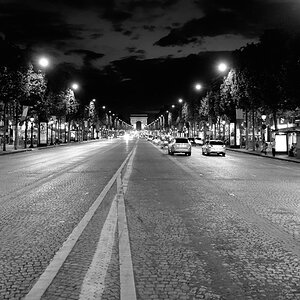So I am in search of a cheap but effective DSLR set up. I use to do quite a bit of photography ranging from weddings, to travel, music, etc. But with school expesnes I was forced to sell my gear. At the time I had been shooting a Nikon D3s with a 70-200 2.8 and a 24-70.
With that being said I was trying to figure out which camera body and glass combination would do well for just doing landscape/travel (I do a lot of backpacking).
Any help on this would be greatly appreciated!
PS. I still have a solid tripod
PPS. not sure if my style of photography would help at all but my Flickr is Flickr.com/tylermetroff
With that being said I was trying to figure out which camera body and glass combination would do well for just doing landscape/travel (I do a lot of backpacking).
Any help on this would be greatly appreciated!
PS. I still have a solid tripod
PPS. not sure if my style of photography would help at all but my Flickr is Flickr.com/tylermetroff


![[No title]](/data/xfmg/thumbnail/31/31746-12607d714ca2713b95250821c881aea9.jpg?1619734987)
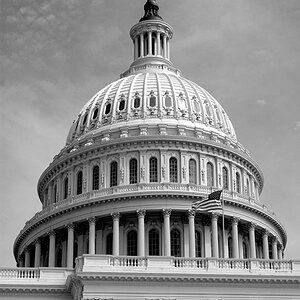
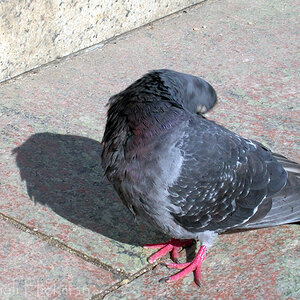

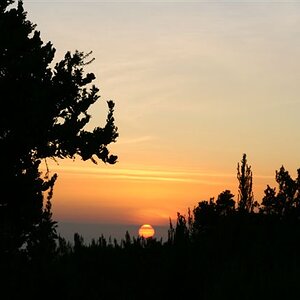
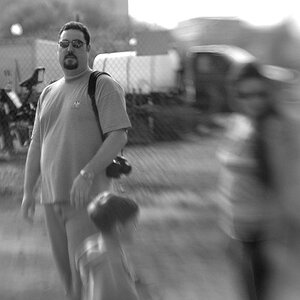

![[No title]](/data/xfmg/thumbnail/35/35586-d552a369f369a1796256b9df897a8d91.jpg?1619737061)
![[No title]](/data/xfmg/thumbnail/31/31012-f5e0c7cdea2f2c3e44737e3f61c2461a.jpg?1619734567)
